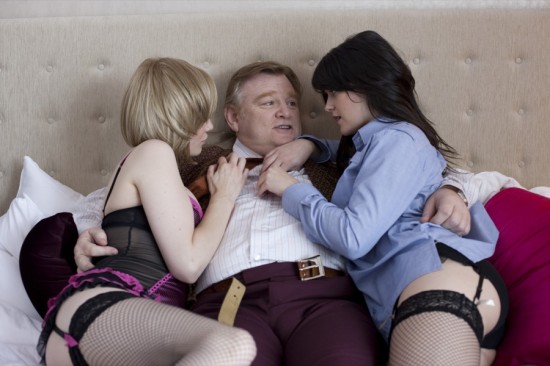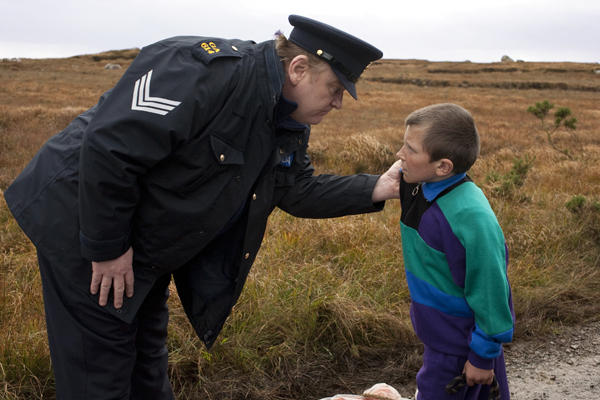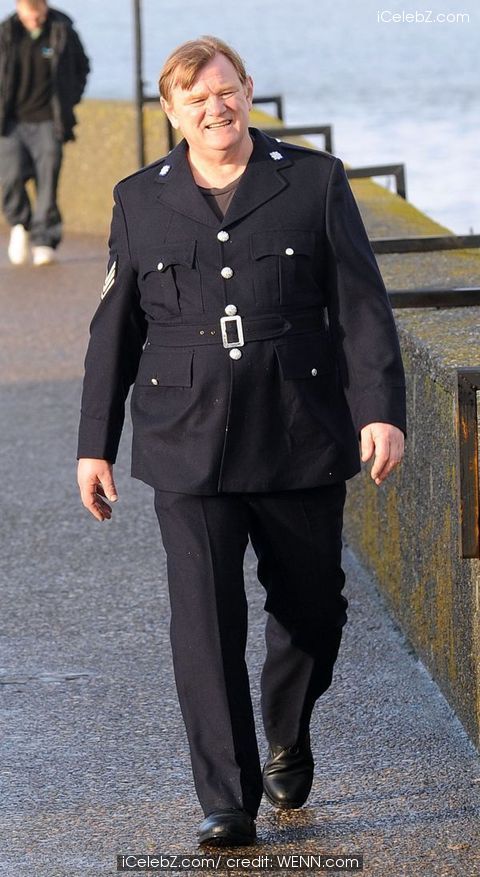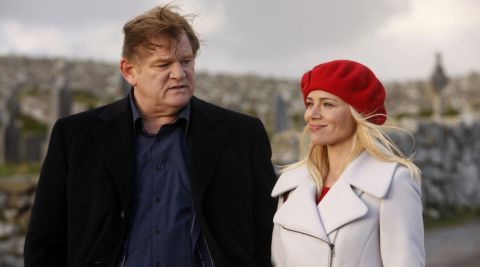Certainly, there are a lot of nightmarish, threatening and hostile aspects to our modern living condition. This is counteracted by an equal perceptive impulse to promote and believe in a sanitized and make-believe view of the world. In fact, both views of imagined reality are fraught with mistaken assumptions, with the sanitized, Hollywood driven view more dark, mysterious and complicated- Janus faced- than we are willing to concede. So much of our lives are based around the American idea and ideal that happiness is an entitlement, meaning we occupy ourselves with innocence, not so much as about innocence but the commodity of innocence and the different and ingenious ways innocence is created and presented. Innocence is continuously reinvented. Truthfully, innocence is a narrative we like to repeat to ourselves, a mantra that is opposed to something we really are. Perhaps a peculiarly Western phenomenon that is seen like a product that eventually succumbs to obsolescence as we age before being pitched into the crap-heap. Blame it on Dickens who helped promote a sentimental vision of the child that emancipated the infant from the Church’s edict that we were born in sin and even the little bambinos were beyond redemption. Ultimately, it was a perversion of the finding the child within; that is a baby growing into a child and not a regression into infantilism.
Liam Lacey:A comedy about a small-town Irish cop and a straight-arrow African-American FBI Agent, The Guard sounds like a cliché wrapped in a chestnut inside a couple of stereotypes. These movies write themselves, don’t they? …Plot is strictly secondary to talk here. The movie introduces its trio of drug-dealing villains early on – Liam Cunningham as the brains, David Wilmot as the psychopath shooter, and Mark Strong as the petulant English partner – as they drive at night, discussing philosopher Bertrand Russell and the contributions of Welsh culture. The torrent of gab from characters on both sides of the law fills the movie, with ruminations about everything from movies with numbers for their titles to Russian authors Gogol and Dostoevsky to the music of jazz trumpeter Chet Baker. Although The Guard is primarily a language romp, it’s also a terrific showcase for veteran pug-faced character actor Brendan Gleeson (Gangs of New York, In Bruges) as the titular hero, Gerry Boyle, an eccentric cop in the Connemara district of County Galway. Boyle doesn’t go by any known law book: The first time we see him, he drops a tab of acid which he has taken from the corpse of a crash victim. Read More:http://www.theglobeandmail.com/news/arts/movies/the-guard-bloody-funny-drug-busting-buddies/article2141865/
The identity of adult is a pretty ambiguous term today. More chronological than real. The eternal vicarious adolescent. Maybe its a result of increased life expectancy that accounts for the abundance of middle aged teens who are quite comfortable and adept in the role of overgrown child. There is an entire industry of innocence cultural products like the movie The Guard in which real children could quickly spot the disconnect. There is a real addiction to this genre of cultural products which allow the consumer to be baptised in innocence; vicarious experiences devoid of any and all ambiguities, challenges and ambivalence that would result in anxiety causing challenges such as a modicum of self-examination or acquiring some deeper level of knowledge about the world. Obviously The Guard’s world is far removed from the real world and thats the point of pop entertainment. His escapes are a pleasing oasis from the stress and challenges of life. Nothing problematical with this of course; unless this represents the whole life as an comprehensive and stretched out respite from anything troubling. Tghe art of procrastination.
Is not that the definition of the innocent? A deep-seated and stubborn habit of denial. Denial of what we know, but really would prefer not knowing. Worse, are the series of endless unconscious decisions to idealize the world which is a contradiction since a choice is generally viewed as part of a conscious will to act in a given manner. Clearly, our decisions not to know are at heart, almost entirely volitional. Innocence is a conscious decision not to possess knowledge of something: a falsehood since choice must be grounded in some intuition, suspicion and slivers of consciousness we have already acquired. The Guard is an example of cultural offering where innocence is based on a pretense of ignorance. And, these pretensions are theatrically choreographed for ourselves and less for others equally occupied with their own drama/comedy/tragedy. Is all the world a stage?
Lacey: …Simultaneously cheerful and curmudgeonly, he lives alone, regularly visits his terminally ill ma (Fionnula Flanagan) in a nursing home. Occasionally enjoys a pint or 10, sausages himself into a wet suit to go deep-sea swimming and, on his day off, orders in role-playing hookers from Dublin for his recreation.
When a rare murder happens in his territory, Boyle is pushed out of his bizarre comfort zone. He and his new assistant from Dublin (Rory Keenan) find the victim was connected to international cocaine traffickers. Soon, a crisply professional FBI agent, Wendell Everett (Don Cheadle) arrives in town. During a briefing, Boyle offers a few racially offensive interruptions to get Wendell’s attention. The Ivy League-educated agent looks at him with more incredulity than indignation. “I’m Irish. Racism is part of my culture,” explains Boyle. Read More:http://www.theglobeandmail.com/news/arts/movies/the-guard-bloody-funny-drug-busting-buddies/article2141865/
So, innocence is produced through a process of disavowal: an antipathy to acknowledge what one knows or thinks or desires. Disavowal,in opposition, is refusal to admit those things of obscurity that are in our possession. Disavowal, is an artistic tension is a dichotomy where the self is divided; so we are perpetually in a condition of knowing and being ignorant of something. Disavowal implies that consciousness both keeps and expells content. permitting itself to savor those forbidden or taboo things on the side in a rusey fashion, simultaneously denying the enjoyment, pleasure or claiming knowledge of it. Great marketing. Its startling how many films engage in this substitution of a phony conviction of personal purity for a profound engagement with the self and the world at large as it really is.
…After the initial series of culture clashes, Wendell and Gerry discover, over many drinks, that they’re both outsiders, facing widespread institutional corruption. Cheadle is strictly the straight man here (as an actor, he’s a great listener), and works as the audience’s stand-in, trying to figure out the secret of Boyle’s character twists, his self-destructive behaviour and outsized self-regard. He keeps us guessing until the last frame of the film.Read More:http://www.theglobe
ail.com/news/arts/movies/the-guard-bloody-funny-drug-busting-buddies/article2141865/If repression splits the self into a largely antagonistic but co-existing zones of light and dark, then disavowal stakes out a cloudy terrain that is not totally repressed or completely admitted to. So, much is to like about The Guard, but it falls back on the dictum that more cute is better. But what is cute? Cute is part of the production of an innocent world. Cuteness is ingratiating and equally superficial. Cuteness is a form of disavowal. Good art then, under the logo of innocence would be the presentation of potentially disturbing and disruptive content, that challenges the viewer to visualize and recognize thus providing them with the choice to tinker with disavowal, or at least the mechanics of it.









 COMMENTS
COMMENTS